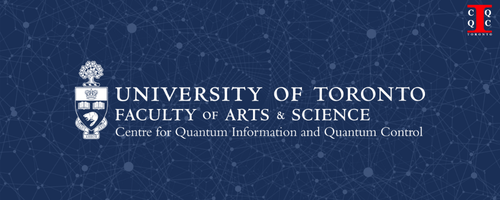
Established in 2004, CQIQC is a research centre under the University of Toronto’s Faculty of Arts and Science. Its mission is to advance quantum science and technology research at U of T by providing research, collaboration, and networking opportunities, such as seminars, conferences and prize scholarships for undergraduate students and postdoctoral fellows. CQIQC’s faculty members are professors in different departments at the University, including Electrical and Computer Engineering (ECE), Physics, Chemistry, Mathematics, and Computer Science.
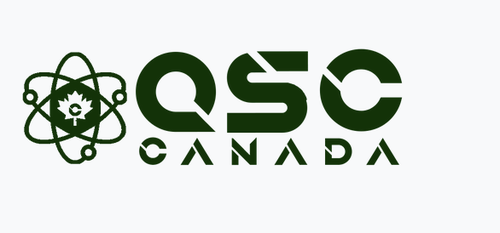
The Quantum Software Consortium, bundle interdisciplinary research on quantum computing spanning chemistry, computer engineering, and physics.
The team will pioneer distributed quantum computing software methodologies by adapting known quantum algorithms, developing new distributed quantum algorithms, and establishing communication primitives programming abstractions to connect disparate quantum processors. The team will also develop software for several socially and economically relevant distributed applications, including practical chemistry, quantum materials, and quantum machine learning.
QSC is financed under the National Sciences and Engineering Research Council of Canada (NSERC) Alliance Consortia Quantum Grants #ALLRP587590-23.

The Fields Institute for Research in Mathematical Sciences, commonly known as the Fields Institute, is a place where mathematics research, innovation and education flourish. The Fields Institute fosters an inclusive, equitable and collaborative culture where everyone can discover mathematics, and where mathematicians make meaningful contributions to the world. It is an independent non-profit with strong ties to 20 universities, including the University of Toronto, where it occupies a purpose-built building on the St. George campus. The Fields supports research in quantum information science through a seminar program and biennial conferences, both running together with CQIQC.

Housed in the Department of Physics, the CQM supports basic research of novel quantum phases of complex materials, with potential applications in materials physics.
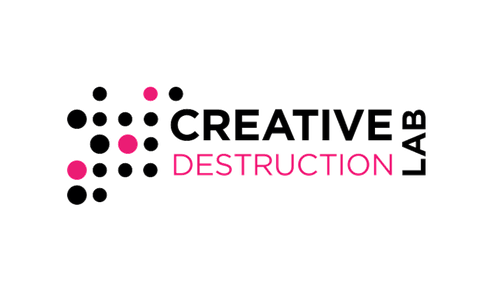
CDL's Quantum Stream at the Rotman School of Management brings together quantum technology entrepreneurs, investors, scientists and partners to build ventures in the emerging domain of quantum computing, optimization, sensing and other applications of quantum technologies.

The Fujitsu Co-Creation Research Laboratory is a research facility housed at U of T operating in partnership with Fujitsu, a leading information and communication technology company. The lab advances the creation of new algorithms and architectures for the Fujitsu Digital Annealer, with applications in broad areas, including healthcare, finance, and intelligent transportation.
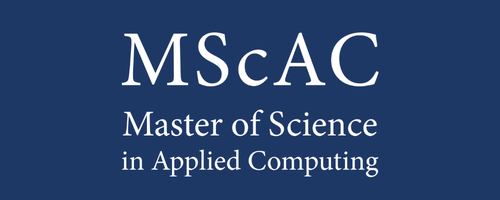
The University of Toronto's Master of Science in Applied Computing and its quantum computing concentration allows students to gain fundamental knowledge and industry experience in the field of quantum computing.

The Toronto Nanofabrication Centre (TNFC) is an interdisciplinary research and service centre run by the University of Toronto's Faculty of Applied Science & Engineering. The centre provides access to state-of-the-art nanofabrication facilities, collaborative research networks, advanced educational opportunities and information exchange events for registered users and clients. Key research areas include Photonics, Plasmonics, Microfluidics, and CMOS Processing.

This virtual seminar series is focused on quantum computing topics. It is open to academics, professionals and students and is organized jointly by U of T researchers and Zapata Computing scientists.
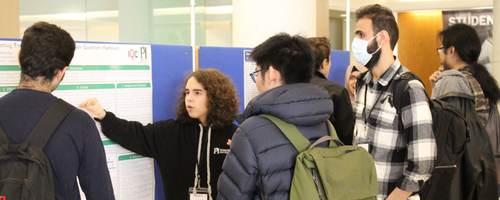
This annual conference is organized by students at the U of T and other Canadian universities (e.g., UBC). It is geared towards undergraduate and graduate students interested in quantum technologies. The conference includes research talks, upper-year student panels, academia and industry professionals panels, a mini-hackathon, U of T lab tours, and opportunities for students to present their quantum-related research.
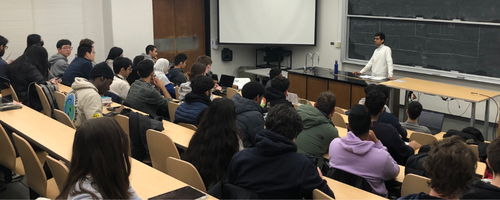
UTQC is run by undergraduate students, aiming to introduce quantum computing to interested undergraduate students. UTQC provides seminars, talks, conferences, and crash courses, making cutting-edge research in academia accessible to the undergraduate community.
